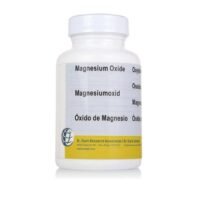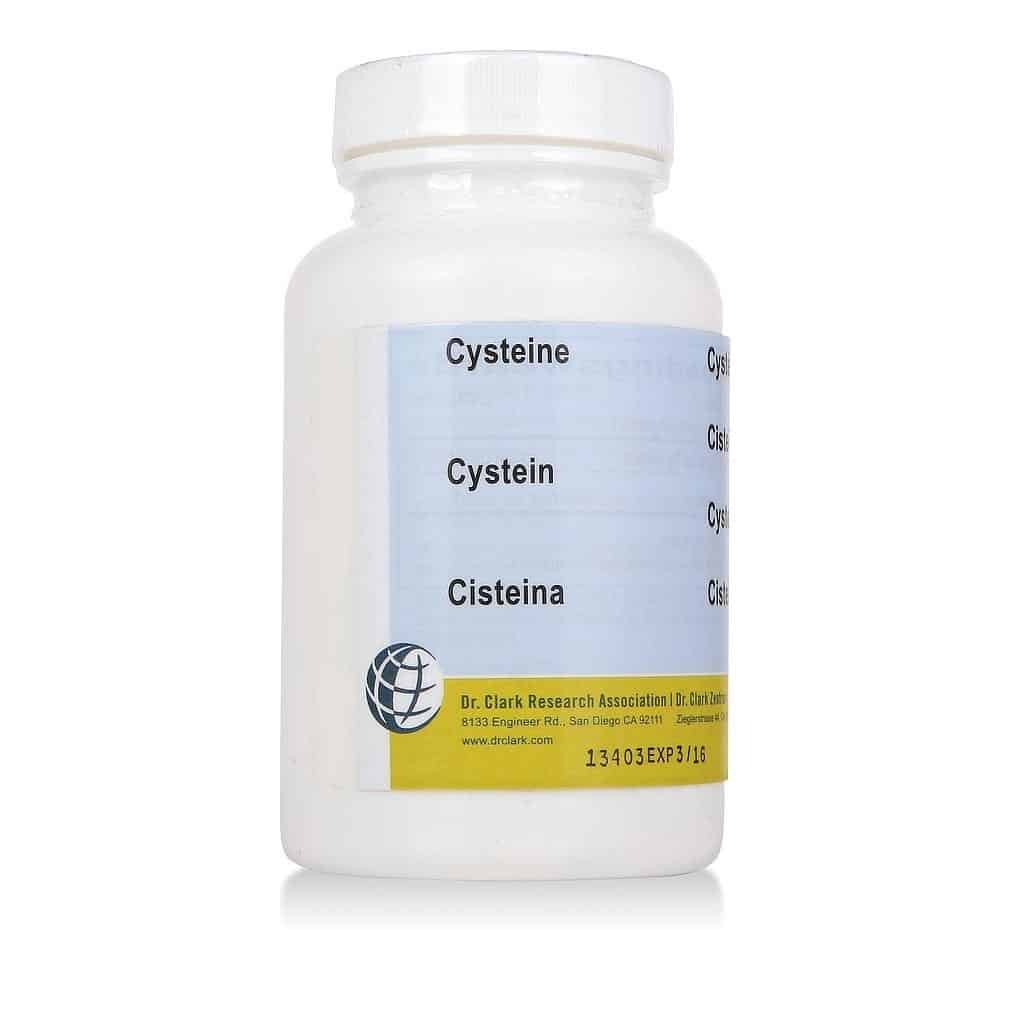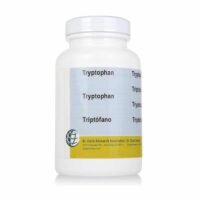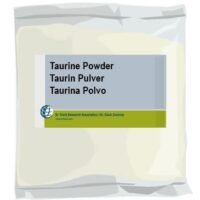-
×

De quoi s'agit-il ?
La cystéine, ou L-cystéine, est un acide aminé que notre corps peut fabriquer à partir des aliments. C'est un acide aminé semi-essentiel, en d'autres termes partiellement fabriqué par le corps, mais en quantité notoirement insuffisante pour subvenir aux besoins totaux de l’organisme.
Cet acide aminé est non seulement utile par lui-même, mais aussi pour son action sur la fabrication d’autres constituants nécessaires à l’organisme. Ainsi, il tient un rôle prépondérant dans la synthèse de protéines telles que le collagène, la mélanine ou encore la kératine. Il permet également la synthèse du glutathion et du coenzyme A. Enfin, la cystéine est un précurseur de la cystine et de la taurine. Elle améliore également la métabolisation du zinc.
Propriétés
La cystéine a de nombreux bienfaits sur l’organisme. Parmi les plus étudiés ou cités :
- Un effet protecteur contre les métaux lourds. Des études scientifiques menées sur des animaux ont mis en lumière cette étonnante action, notamment pour le plomb et le mercure.
- Des études menées avec la cystéine démontrent son action vertueuse dans la lutte contre l’hypertension.
- La cystéine posséderait des propriétés anti-inflammatoires justifiant son usage dans le traitement de l’arthrose.
- Comme la méthionine, elle contient du soufre et participe à la synthèse du glutathion, une substance fortement antioxydante produite dans l’organisme.
- Elle est proposée dans le traitement des problèmes de peau et de chute des cheveux.
Dosage
Le dosage journalier conseillé pour un complément en cystéine varie de 500 à 3000 mg/jour. La prise doit être répartie sur les principaux repas. Une association avec la vitamine C peut être intéressante pour potentialiser son efficacité.
Précaution d'usage
Les femmes enceintes et celles qui allaitent devraient éviter de prendre des compléments de cystéine.








